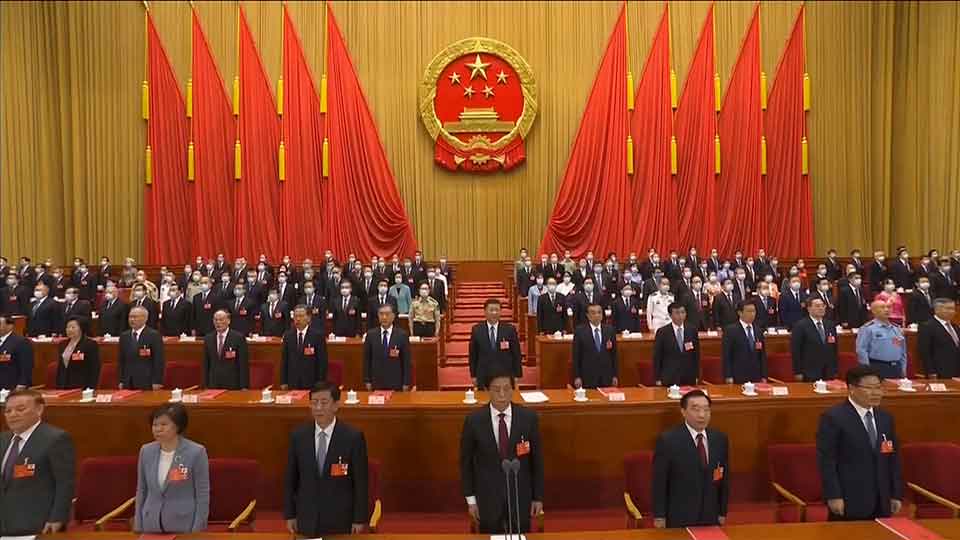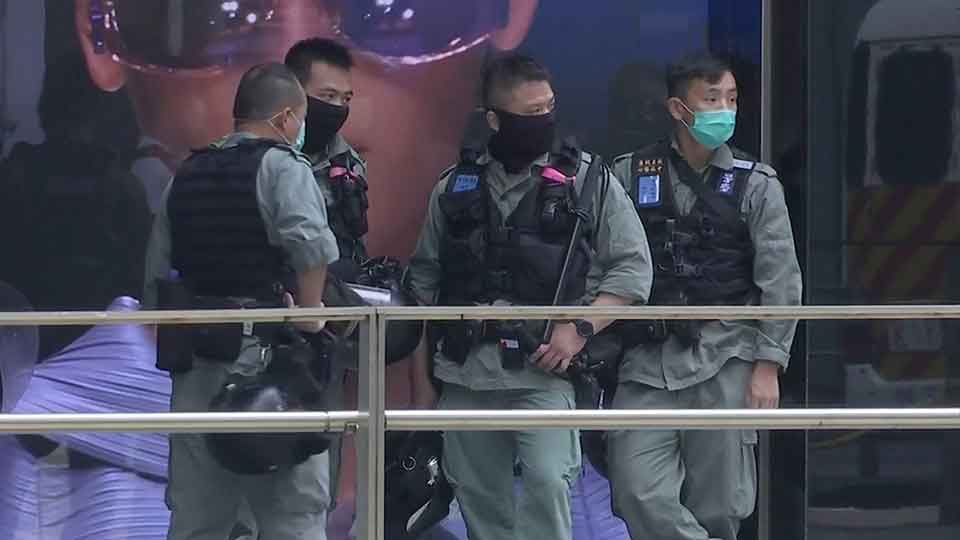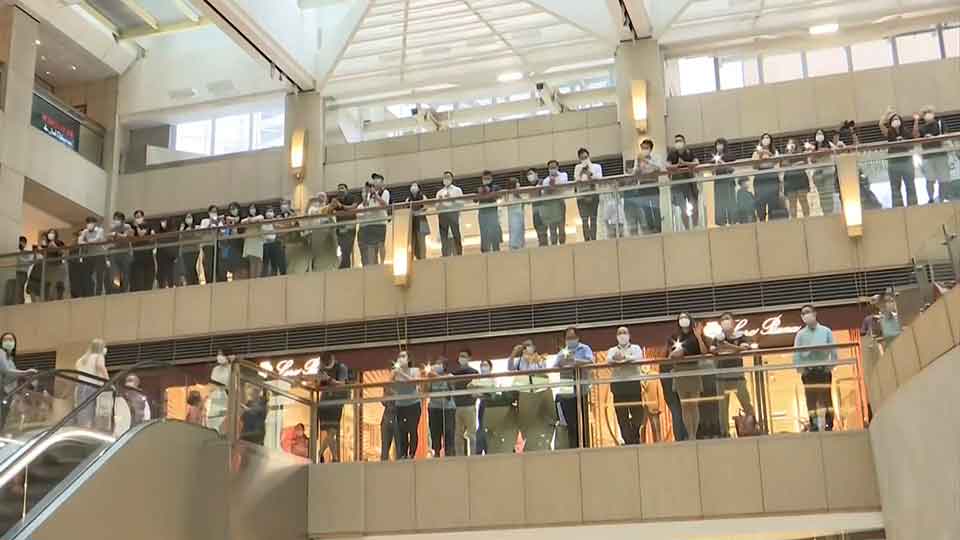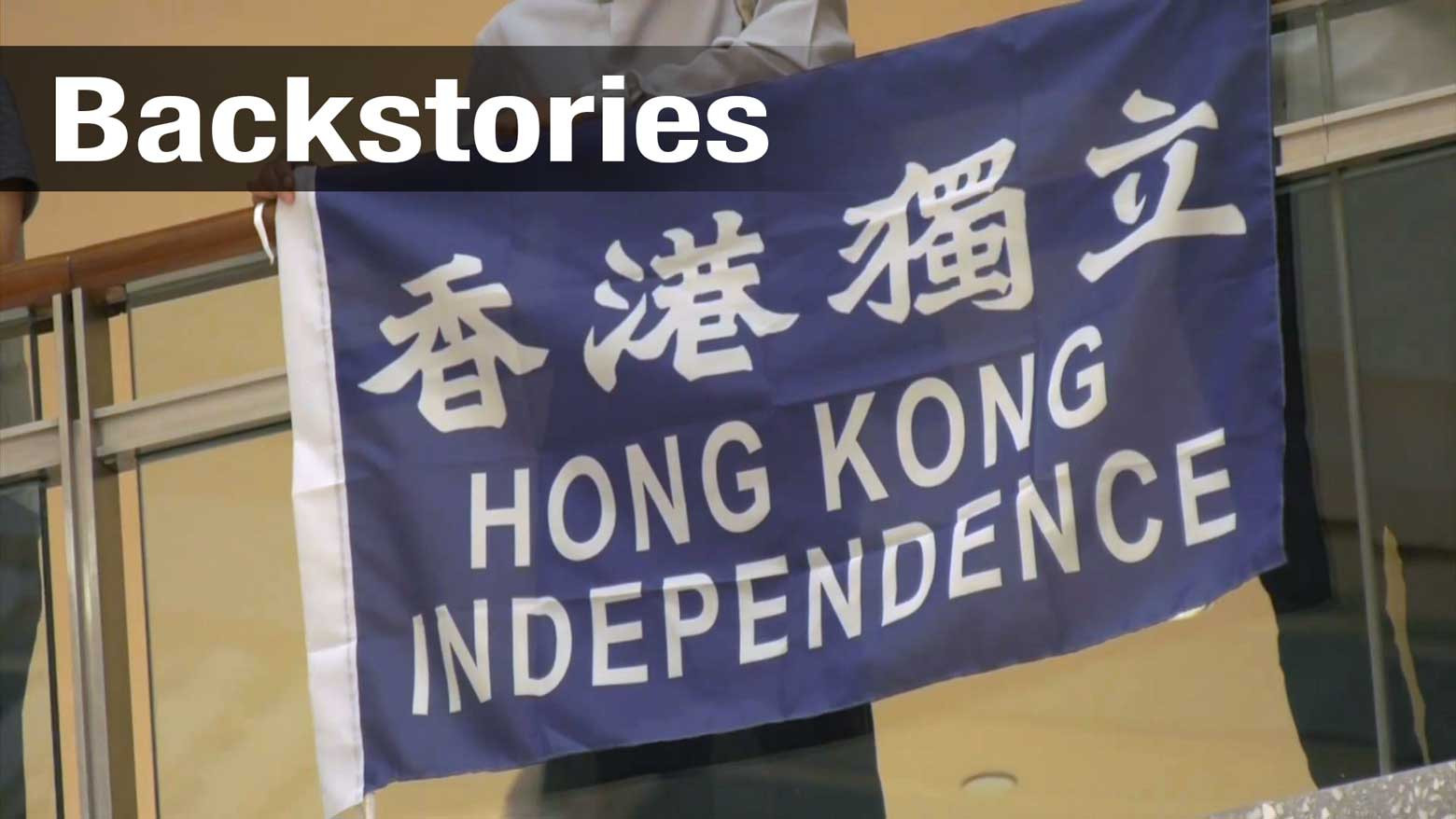At the press conference after Congress voted for the legislation, Chinese Premier Li Keqiang said it was designed to maintain ‘one country, two systems’ framework, and ensure Hong Kong’s long-term stability.
Officials in Beijing say security authorities will set up agencies in the territory if needed, and will be take measures to prevent or punish acts that would endanger national security or subvert state power, as well as foreign forces’ attempts to interfere in Hong Kong affairs.

When Hong Kong was handed back to China in 1997, it was under a de facto constitution called the Basic Law. The document required Hong Kong to enact its own national security laws. But when Hong Kong’s government tried to do just that in 2003, half a million people join protests against it, and the move was scrapped. Since then, Hong Kong’s leaders couldn’t officially move to make the laws, fearing more protests from citizens.
But recent, large-scale democracy protests in Hong Kong may have persuaded leaders in Beijing that they should take control of the issue. Media in Hong Kong are speculating that the laws could be enforced as early as this summer.
Increasing opposition in Hong Kong
On May 24th, immediately after news of China’s plan emerged, thousands of citizens were on the streets protesting, in spite of a ban on gatherings of more than eight people because of the coronavirus. Police used tear gas on the crowd and arrested at least 180 people.

At a press conference on May 28th, Agnes Chow of pro-democracy group Demosisto warned that the legislation was designed to stifle free speech and human rights, and will affect not just the people of Hong Kong, but any foreign companies or individuals with assets in Hong Kong.
The pro-democracy activists say they will keep protesting in Hong Kong, but the legislation governing their protests will soon be made in Beijing, not Hong Kong, so they’re calling on the international community to put pressure on China.
US–China antagonism deepening
Some western governments have already expressed concern. US Secretary of State Mike Pompeo said his department no longer views Hong Kong as having a high degree of autonomy. That’s a change in stance that could impact US trade relations with the territory.
US law allows for separate and preferential treatment of Hong Kong compared to mainland China when it comes to tariffs and visas. But that’s predicated on Hong Kong maintaining a high level of autonomy. So Pompeo’s announcement could be a signal that the US is preparing to end some of those preferential relations with the territory.
Zhao Lijian, spokesperson for the Chinese Ministry of Foreign Affairs, hit back by accusing the US of interfering in another country’s domestic affairs, and warning that there could be countermeasures to any US action.

“Frontline of new cold war between superpowers”
Professor Kurata Toru of Rikkyo University is an expert on Hong Kong politics. He says China has an eye on Hong Kong’s Legislative Council Elections, scheduled for September. Electoral laws in Hong Kong are weighted in favor of the pro-Beijing legislators, but the 2019 District Council elections saw a historic turnout and a landslide win for pro-democracy candidates. Kurata believes Beijing may be worried another strong showing this September would embolden the democracy campaigns.
Professor Kurata says China’s actions may also be connected with domestic affairs. As the new coronavirus spreads around the world, the US, which has been hit harder than any other nation, has been criticizing China relentlessly. Washington has accused Beijing of mishandling the outbreak and hiding information, and the Trump administration says it’s considering imposing sanctions or demanding compensation. Kurata says the Chinese government doesn’t want its people to see it as weak. “China believes that the US supports Hong Kong’s pro-democracy activities,” he says. "So harsh treatment of Hong Kong is also a way of antagonizing the US.”
Professor Kurata will be paying close attention to the details of new national security laws. If they severely limit freedoms in Hong Kong and invite sanctions from the US, that could jeopardizing the territory’s standing as a global financial hub. Kurata says Hong Kong is now “on the frontlines of a new cold war between the US and China.”

